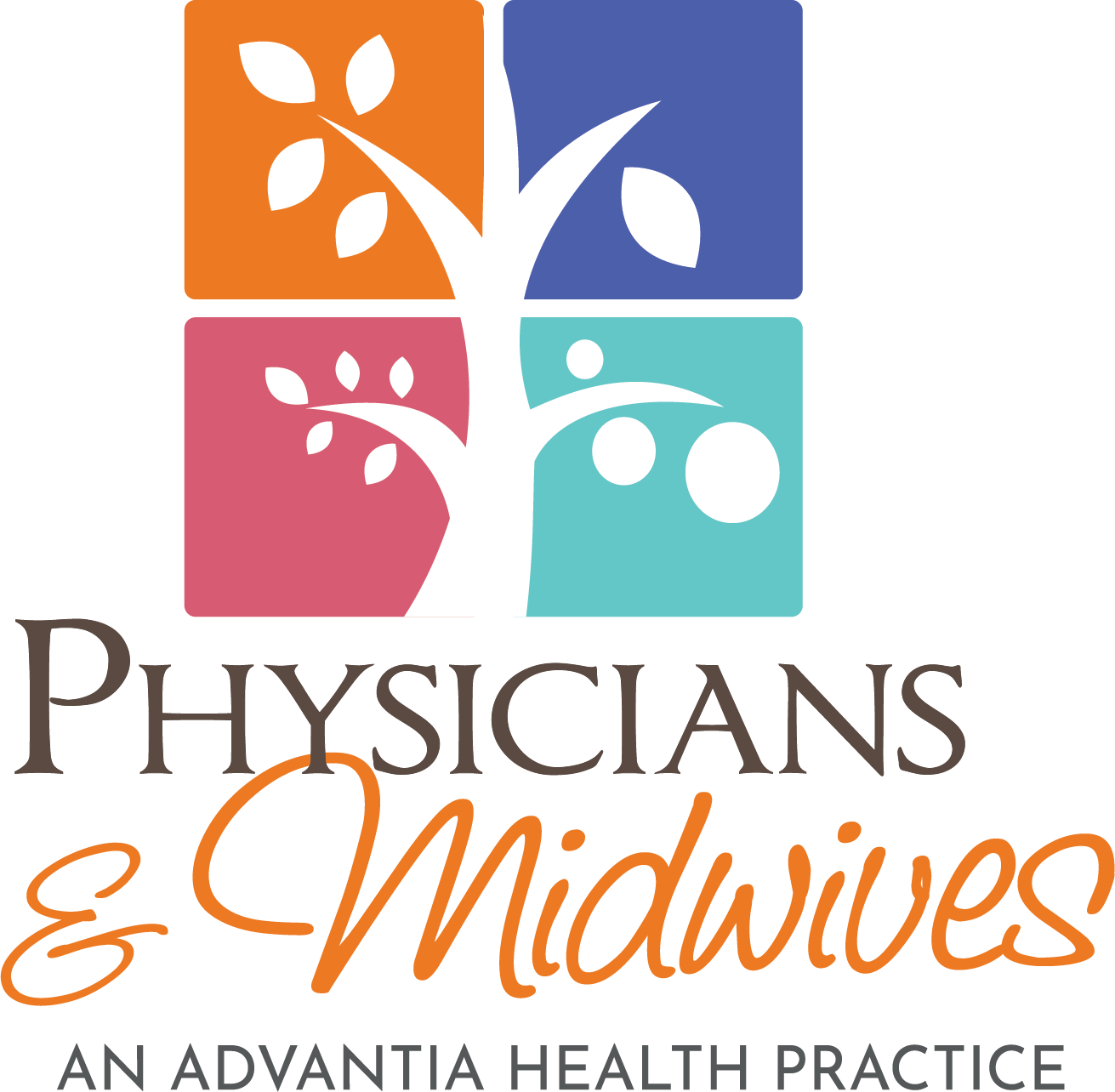
Published on: 18 December, 2014
Read Time: 5 min
Background
Don’t be surprised if nausea occurs during your pregnancy as 70 percent of moms-to-be are subjected to this feeling of queasiness or an unsettled stomach. The condition is commonly called “morning sickness,” but referred to as “nausea and vomiting of pregnancy” by healthcare practitioners. It might even vary by pregnancy. My first pregnancy, the nausea and a small of vomiting appeared during the first three months of pregnancy, but my second pregnancy, the nausea happened throughout the pregnancy.
Nausea during pregnancy can start by the second week of pregnancy, take place the first few months, last during all phases of pregnancy, or sporadically occur throughout pregnancy. The term, morning sickness, came about because the condition tends to be worse in mornings, but can appear at any time and persist all day.
Reasons for Nausea
Why does nausea occur during pregnancy? The cause of this nausea remains unknown. Some researchers attribute the nausea in pregnancy to the shifting amount of hormones in our body. Others believe the physical alterations in our body in pregnancy play a part in the symptoms.
Human Chorionic Gonadotropin (hCG) hormone produced by our placenta represents another substance thought to bring on nausea episodes. Scientists observed that the levels of the hCG hormone rise at the same time that the nausea appears.
Our estrogen hormone goes up rapidly in early pregnancy. Some researchers believe that estrogen plays a part in the nausea. If you developed some nausea from taking birth control pills, during migraines or motion sickness, you might be more likely to experience nausea in pregnancy.
Natural Treatments
What can one do to alter or ease the symptoms of nausea? I found some useful everyday activities to practice helped relieve or ease my symptoms. Natural things can alter the unpleasant feelings of nausea or morning sickness. Our primary goal should be to reduce the disagreeable sensation of nausea. The helpful factors include:
- Keeping away from foods high in fat ;
- Avoid foods like coffee, high acid and very sweet foods:
- Steering clear of strong smells that trigger the nausea ;
- Preventing exposure to high heat, humidity, noise, and physical motion ;
- Placing motion sickness or acupressure wrist bands on that relieve morning sickness in certain women;
- Consuming small, intermittent snacks and meals of low-fat, high protein and high-carbohydrate to prevent feeling hunger or overfed;
- Nibbling on crackers or dry toast to lessen the sensation of nausea;
- Sucking on lemon-drop candies;
- Keeping adequately hydrated with cold or carbonated fluid ;
- Ingesting ginger products shown to help some women;
- Sipping on aromatic therapies involving mint or peppermint tea, and,
- Determining with your healthcare provider if the iron in your pre-natal vitamin contributes to your nausea and if any other option exists .
How do you know what works? Since our body chemistry differs between individuals, no one natural product or activity works for every person. I found that trial and error remained the best approach.
Food and Drug Administration Alert
The Food and Drug Administration notified pregnant or breastfeeding women to avoid the over-the-counter (OTC) herbal, called Nzu, because of probably health risks associated with high amounts of lead and arsenic in this product. Nzu goes by other names of Calabash clay, Calabar stone, Mabele, Argile or La Craie. This substance represented a traditional African mixture for morning sickness.
Over-the-Counter Medications
What about OTC medications for treating nausea? Generally, lifestyle, diet and non-drug treatment are advised before use of medications. Some OTC medications treat the more severe nausea. I found it best to always check with my healthcare provider before using any type of medication, even OTC products. Some medications to discuss with your professional provider include:
- Pyridoxine (vitamin B6) – Pyridoxine, a water-soluble vitamin that helps with metabolizing lipids, carbohydrates and protein. Scientists show studies reducing nausea in mild to moderate cases. No harm to the fetus occurred in multiple studies carried out on pyridoxine.
- Doxylamine succinate – Doxylamine, an antihistamine, treats nausea and vomiting of pregnancy. Research demonstrates the doxylamine works best when given with pyridoxine. Scientific evidence details its safety and efficacy in pregnant women. The drug, Diclegis, combines the two drugs and became available in the United States in 2013.
- Diphenhydramine – Diphenhydramine is another antihistamine shown to be safe for ingestion during pregnancy. Of course, treatment with doxylamine would be stopped if this antihistamine is started.
- Ranitidine – Ranitidine, an acid reducing medication, is reserved for women with heartburn or acid reflux and nausea during pregnancy. Research demonstrates the safety of both ranitidine and cimetidine in pregnant women.
Safe use of a drug and easing the symptoms of nausea represent the goals of medication treatment. Again, always check with your physician prior to initiating OTC drug treatment.
Summary
Although pregnancy may appear to be lengthy and tiresome, nausea symptoms fail to produce adverse pregnancy outcomes. In fact, research shows women with nausea demonstrate a lower rate of miscarriage. Studies also show no effect on the neurological development of the fetus.
I found the most important factor during my pregnancies was finding ways of easing my symptoms. Using things effective for me became my goal to reduce nausea. So, find helpful remedies for your nausea like the ones reviewed above, and improve your pregnancy experience.

Physicians and Midwives, an Advantia Health Practice
Physicians and Midwives is a unique collaborative practice you won’t find anywhere else. We have 5 offices for your convenience all across Northern Virginia, including Alexandria, North Arlington, Mt. Vernon, Kingstowne, and Woodbridge. If you would like to be listened to, as well as cared for, then look no further.





